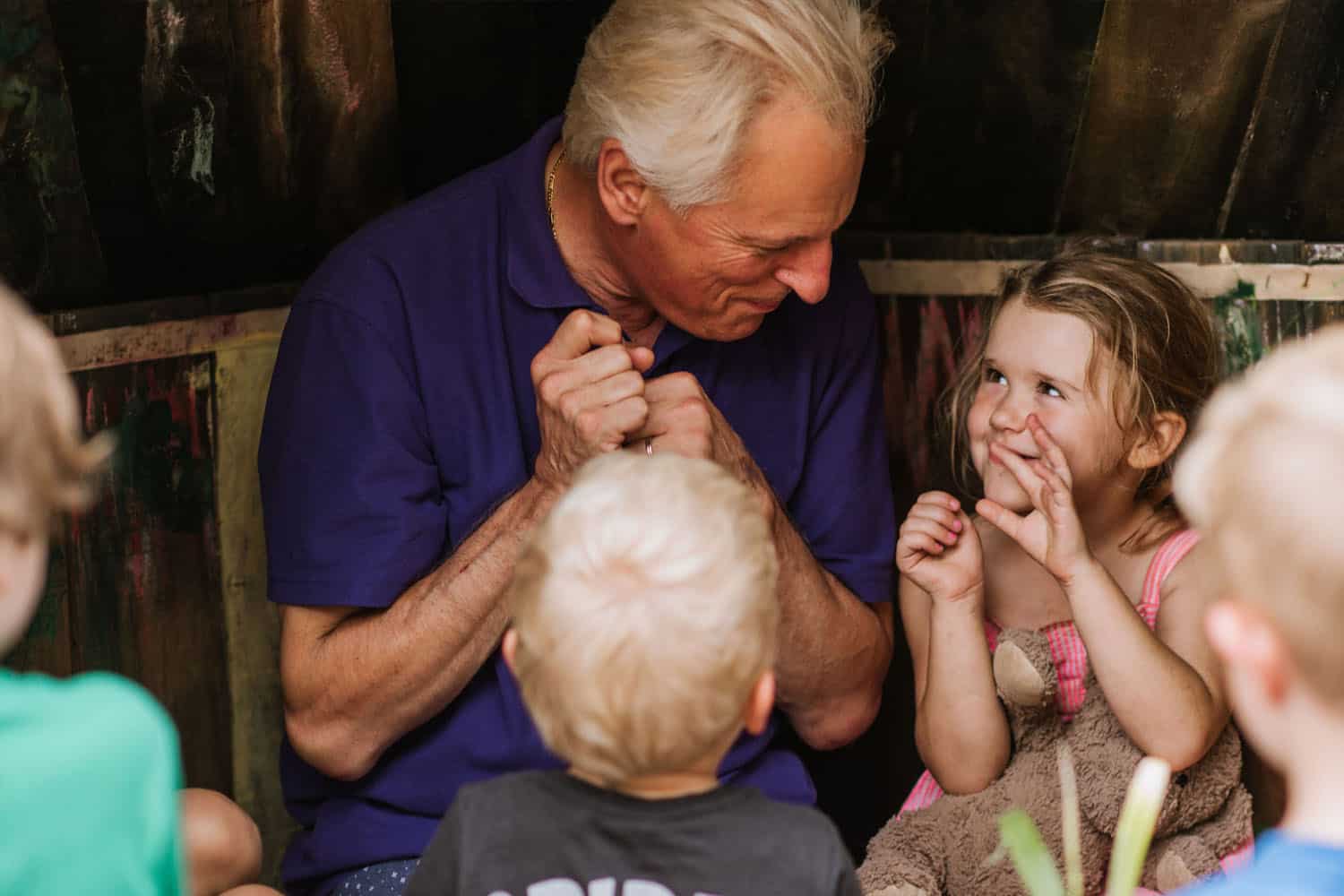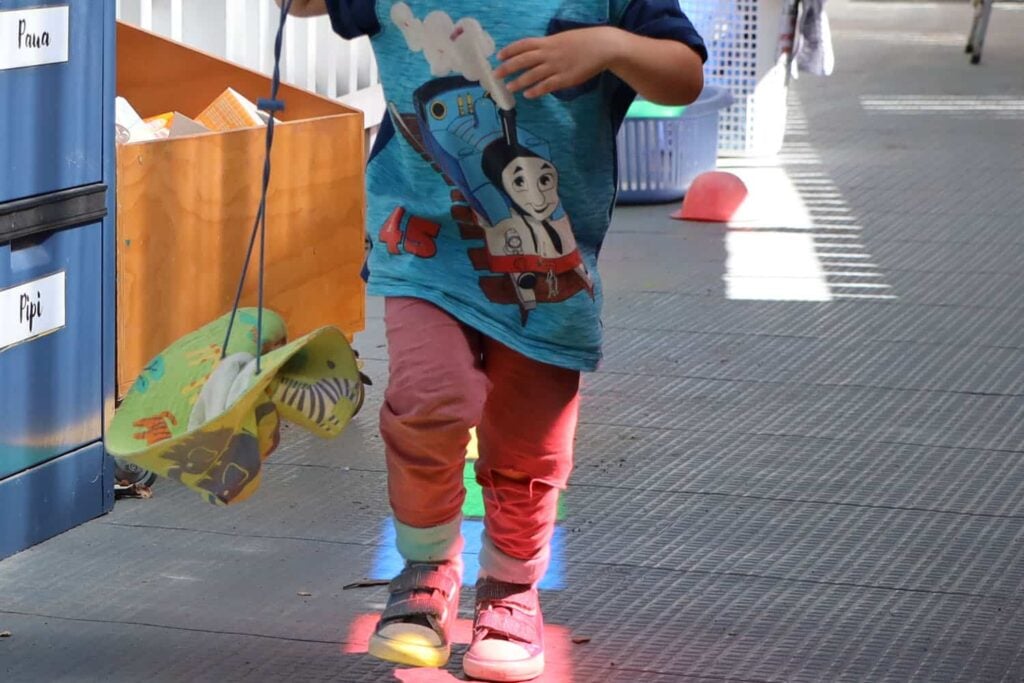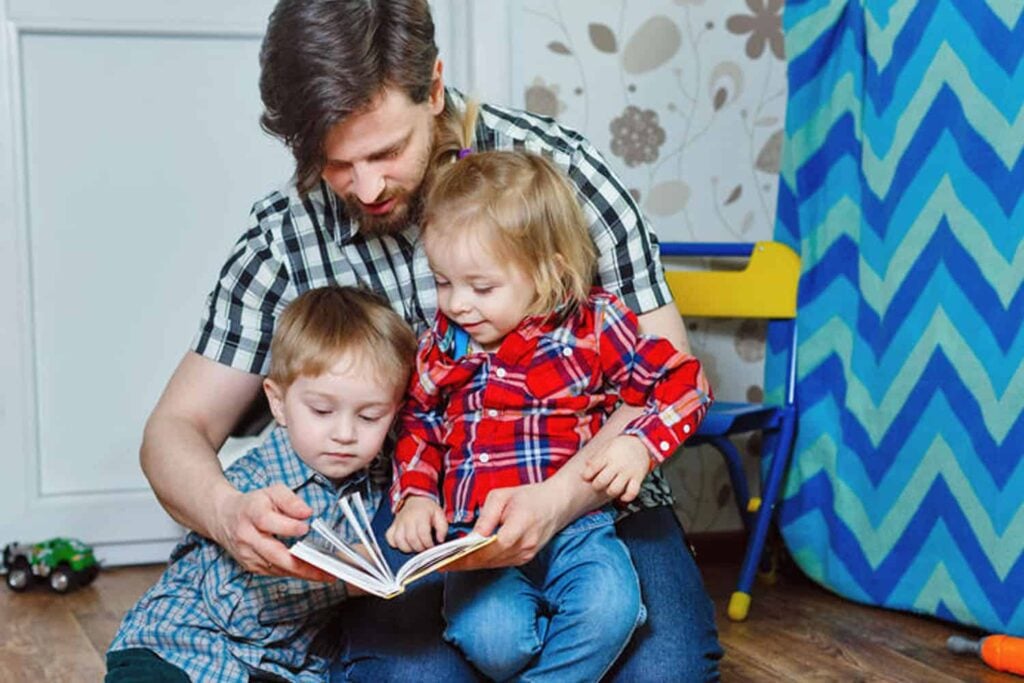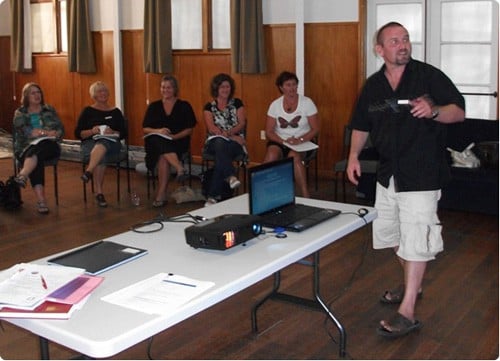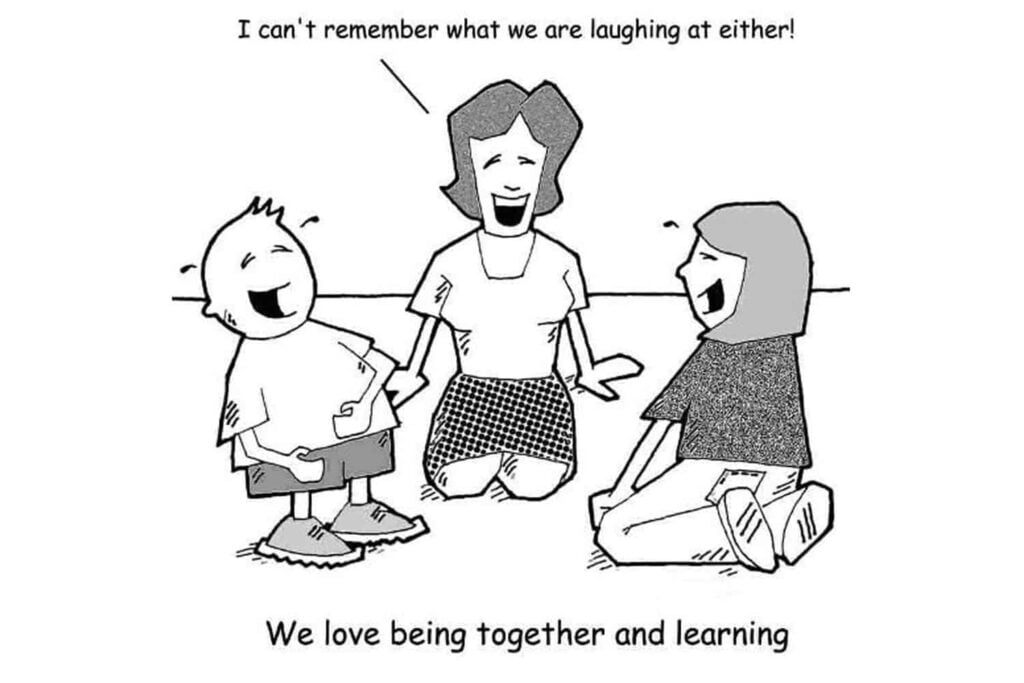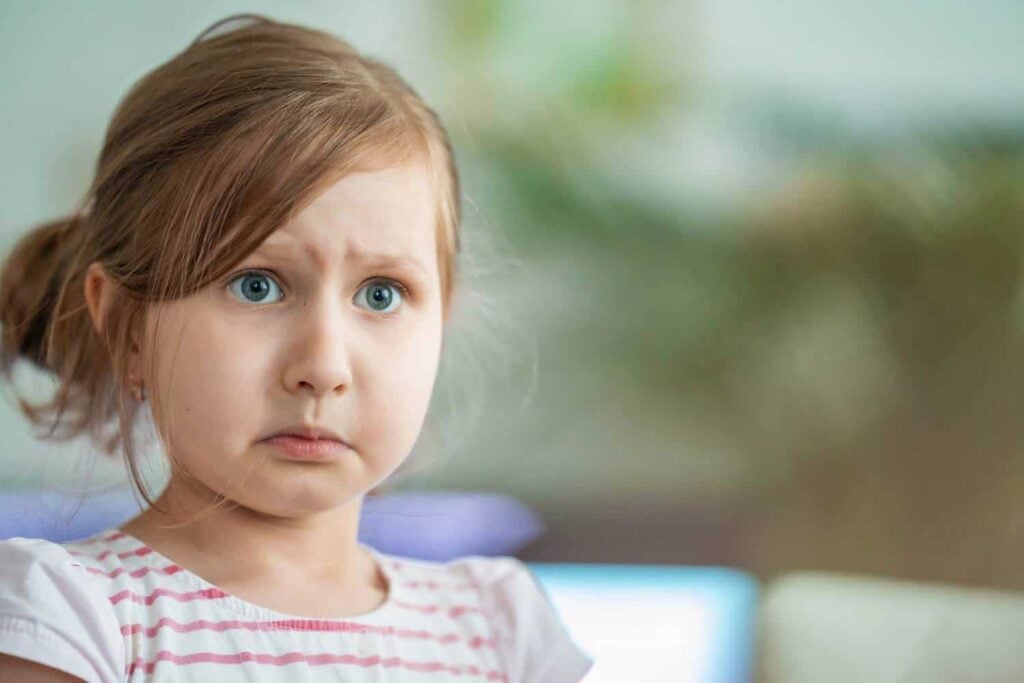Six Signs of Quality Early Childhood Education.
What is quality?
Actual quality is about what a parent and child experiences and how they see their experience.
As Dr Sarah Alexander, an international expert on Quality in ECE has argued, quality is “in the eye of the beholder”.
Dr Alexander has provided the “Six Signs of Quality Early Childhood Education” for parents to refer to. Together these signs of quality show if an early childhood service is quality or not quality, for the child and their family.
Additionally, the Ministry of Education sets measurable standards that all services must meet by law and in return for receiving public funding. The regulations can cover structural indicators of quality, such as low child:adult ratios, early childhood qualified teachers, and small group size. Regulations are set to provide for the minimum acceptable level of quality from the government’s perspective as a main funder of early childhood education, rather than the optimal level for children.
The Six Signs of Quality Early Childhood Education
The child is happy
The child is happy to be at the centre or service. The child shows lots of smiles and laughter, receives and gives hugs, and builds friendships with others at the service. They are always keen in the morning to get ready to go to the service.
The child’s health and safety is ensured
A high level of supervision of children is provided at the service. There is strong knowledge among the adults as to what to expect developmentally of children in their abilities and reactions. Hygiene practices are great and the chance of children getting sick from a contagious disease is therefore low. Potential safety risks for children in the play environment are carefully managed.
The child’s learning is supported and enriched
The child is exposed to learning and experiences beyond what the child already knows and experiences at home and in other settings.
The environment is stimulating and suits the child
There are lots of things to interest the child and keep the child busy and occupied. What is provided at the service for the child to do, gives the child a sense of being able to push oneself towards doing things at a higher level of difficulty and to try new things.
Family values, beliefs and language are truly supported
There is consistency between what the parents and family value and their aspirations for their child and the views, expectations and practices of the people caring for the child in the early childhood programme.
Parents’ needs for support with childcare and early childhood education are fully met
You can tell this is achieved when parents don’t feel grumpy about anything at the programme – instead parents feel delighted that they have enrolled with the service and feel like shouting from the roof-tops about how great it is for them and their child.
These six signs of quality early childhood education are inter-related, for example if a child is not happy then the child will gain less from attending the educational programme.
It is essential for an early childhood service to fully meet expectations for children’s happiness and safety and health. If a service has some deficiencies in the other areas (i.e. provisions for children’s learning, environmental stimulation, supporting family culture and language, and parents’ needs) and if these deficiencies are considered minor and can be made-up for at home or elsewhere then the service may still be acceptable for the child and family.
Checklist for parents when choosing care
A checklist that provides more detailed items for parents to check when choosing an early childhood service is available from the My ECE parents website.
The not-so-secret formula for quality ECE for children
The formula for quality early childhood education is now available as a single poster you can download and print.
The formula reflects over thirty years of research into factors important for effective teaching for diverse children and empirical indicators of quality ECE related to child outcomes.


